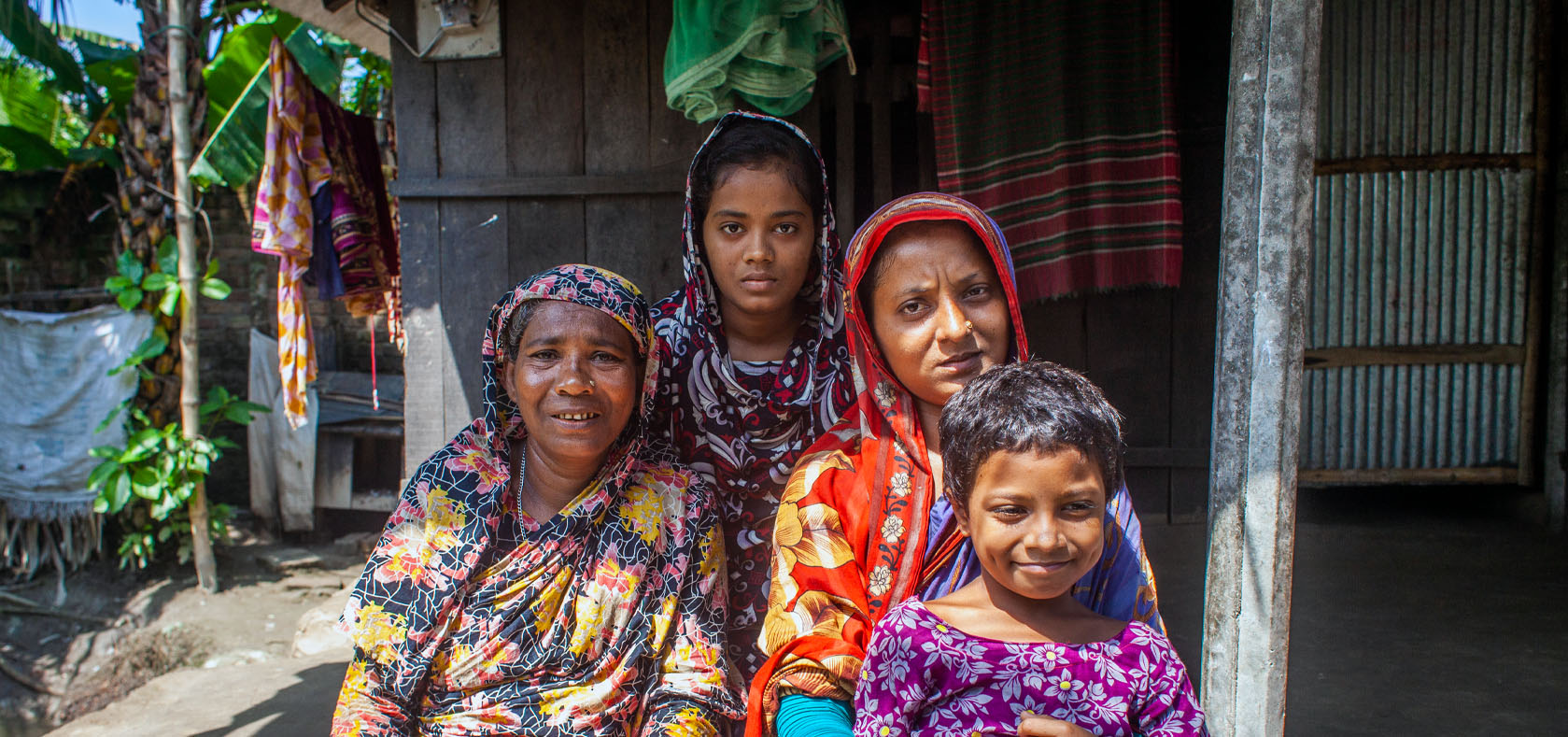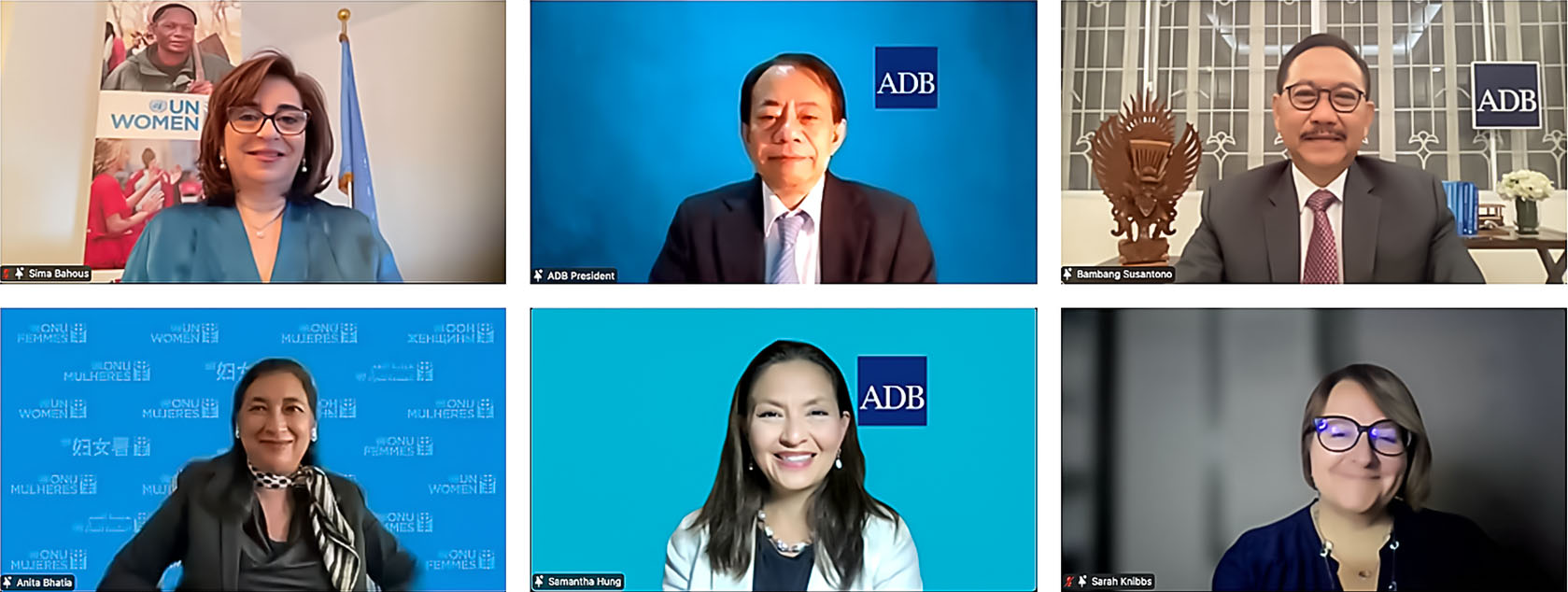International Financial Institutions

UN Women’s partnerships with International Financial Institutions (IFIs) aim to influence their strategies and financing decisions to support the achievement of gender equality and the empowerment of all women and girls in alignment with the current Strategic Plan Outcome 2 on Financing for Gender Equality.
UN Women works with the World Bank Group, the International Monetary Fund, and various regional development banks. In Asia and the Pacific, UN Women collaborates with the Asian Development Bank.
Asian Development Bank

Since 2016, the Asian Development Bank (ADB) and UN Women have cooperated to promote women’s equality and empowerment in Asia and the Pacific through:
- strengthening gender data and statistics to track and monitor the Sustainable Development Goals, including Goal 5 on gender equality;
- promoting gender-responsive governance tools to ensure accountability and resources on gender equality;
- supporting women’s entrepreneurship and gender-responsive value chains;
- preventing gender-based violence;
- advancing knowledge, evidence and tools on gender and climate change.
The partnership also creates opportunities for sustainable financing for gender equality. ADB and UN Women aim to increase knowledge of financing gaps, give priority to gender equality in financing decisions, and assess policy impacts to leverage new and innovative financing approaches.